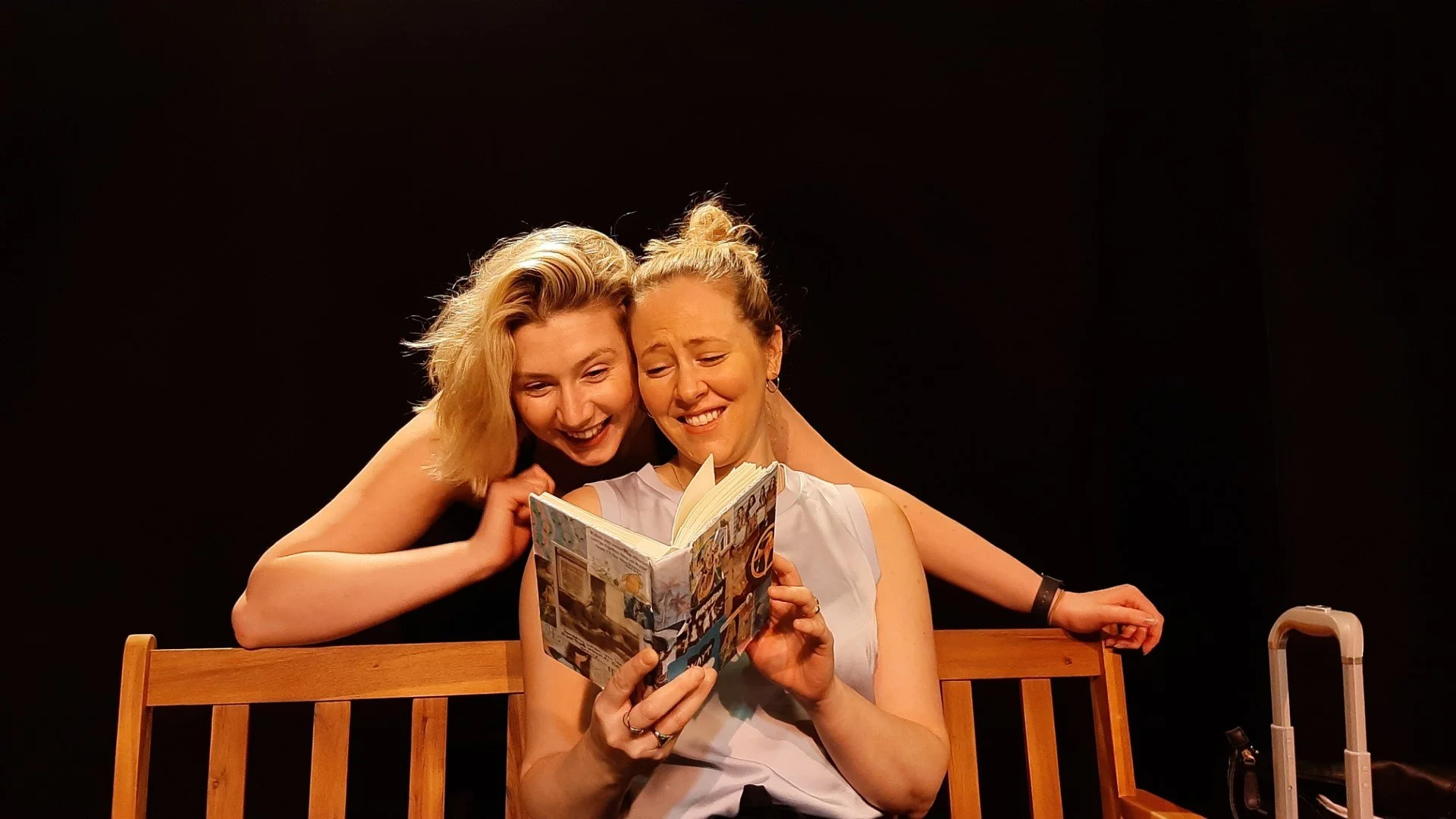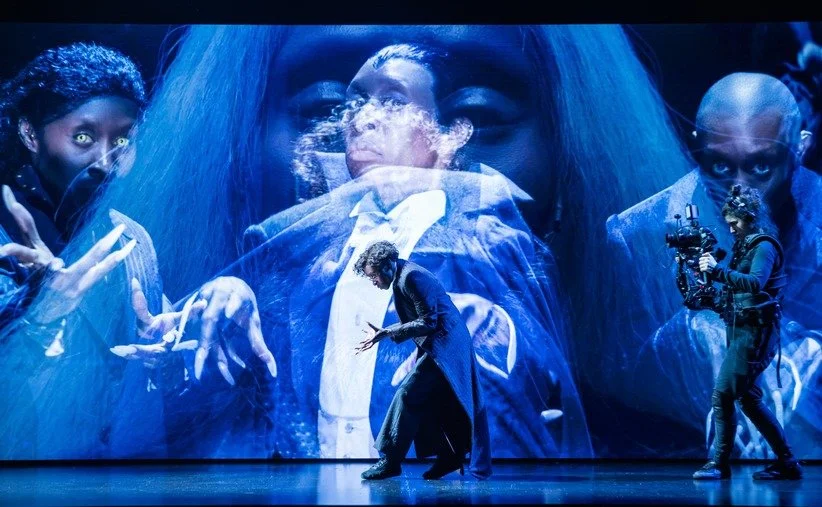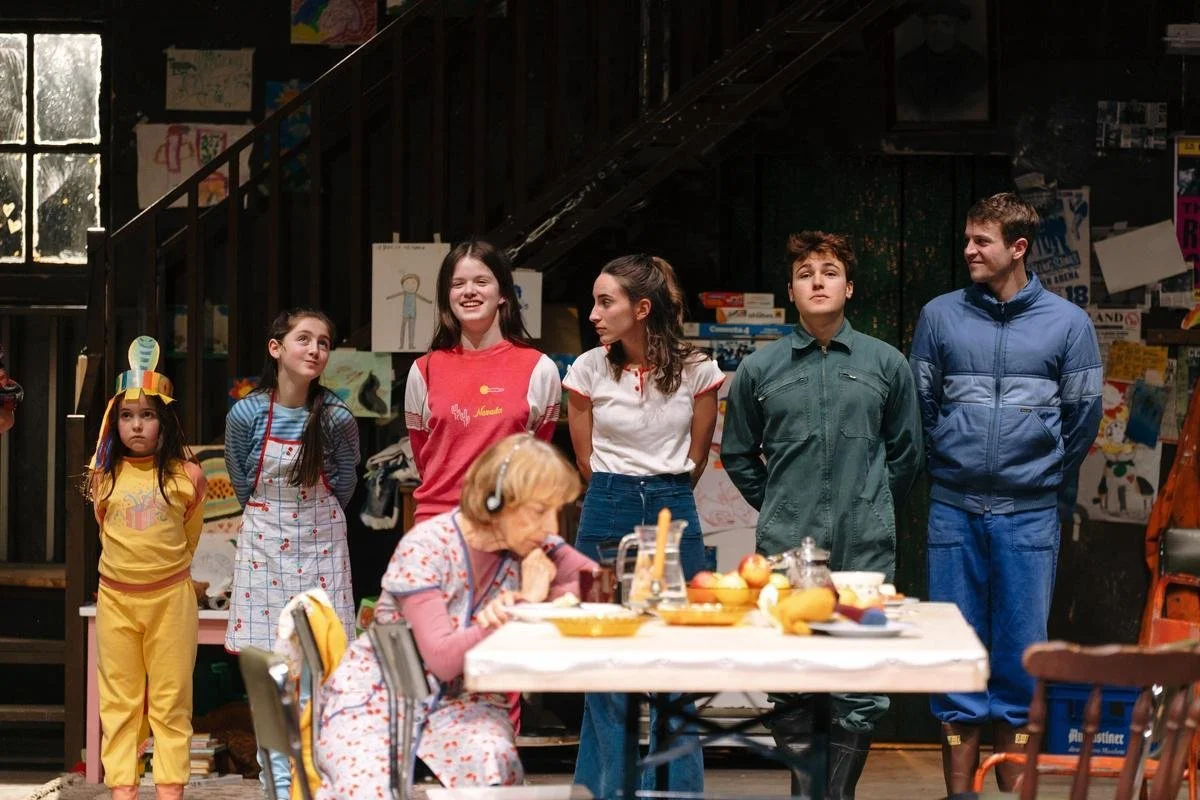Hedda Gabler at Crescent Theatre, Birmingham Review
Written by Charis for Theatre & Tonic
Disclaimer: Gifted tickets in exchange for an honest review
Hedda Gabler is a piece set in the 1890s and follows the life of a woman who has settled into a marriage due to the expectations for women in high society.
Patrick Marber’s version has been advertised as a “feminine rage” retelling, however this theme feels lacking in the performance. While certain themes are apparent, such as the feeling of societal pressures, the exclusion of women from social events, and the dissatisfaction of how unfulfilling the reality is compared to expectation, Hedda instead feels characterised as a manipulator. One who uses people for whatever she can take from them, and is ultimately selfish, and cruel. The piece is rather a story of narcissism, using people as ‘toys’ or ‘chess pieces’ to play with as she wishes and the consequences that come when actions unravel and are revealed.
The piece would be an excellent cautionary tale of Victorian romanticism of death, class and status, and performative inauthentic living. Hedda wants to show off a grandiose home to polite company purely for the sake of status, she gaslights a former acquaintance that she had never been her bully, yet repeats the very same behaviours later, and plays with guns as though she is an unaware child, even romanticising suicide as something to do “beautifully” viewing it as an action that is “authentic” allows one to take control and have power.
Were Hedda portrayed more as girlish and childlike, her regressive behaviours could make for a tragic character, one who still lives to her late father’s ideals, but instead she acts with hubris. She toys with the emotions of every other character and is needlessly cruel, mocking aunt Juliana’s attire, bullying Thea Elvsted by threatening her just as she had when they were children, and constantly demeaning her husband Jorgen Tesman.
Hedda is the catalyst to a great deal of misery, encouraging Eilert Lovborg who is a recovering addict to drink, and pushing him to go to a party with Judge Brack, which leads to a relapse, and crucially the loss of his manuscript, which unbeknownst to Eilert was recovered by Jorgen. Supposedly as a kindness to her husband, who was jealous of Eilert, she burns the manuscript, deepening Eilert’s relapse; Hedda bizarrely encourages Eilert to take one of the pistols she often toys with to commit suicide, but unthinkingly has implicated herself in his death. When Judge Brack highlights this reality to her, and implies that she will be in his debt, and that through destroying the manuscript she has effectively lost her husband who is set on rewriting it, she chooses to kill herself with the second of her pistols
Ultimately, while you are supposed to sympathise with Hedda, and view her as a victim of the unwelcome advances of Judge Brack, a sham marriage and a lonely life, she comes across as callous, foolish and the source of her own misfortune.
The sparse set by the Crescent Theatre company was unfortunately not the right decision. While the apartment is written to be sparse the choice to populate it largely by four benches did nothing for bringing the audience into the piece, and perhaps would have benefitted from a more traditional stage.
Overall, this production of Hedda Gabler feels ambitious but ultimately uneven. While it gestures towards the ideas of repression and societal expectation, it never fully delivers on the promise of exploring Hedda’s inner turmoil or the “feminine rage” it advertises. The performances around her, particularly Jack Hobbis as Jorgen Tesman, bring nuance and life to the piece, but Hedda herself feels underdeveloped, leaving the story somewhat hollow. The minimal staging and lack of emotional range prevent the production from achieving the tragic power that Ibsen’s play can hold, resulting in a version that feels more restrained than revealing.
Hedda Gabler plays at Crescent Theatre, Birmingham until 25 October
★★★















